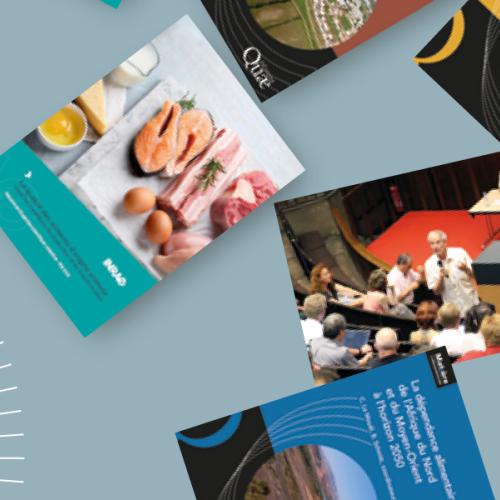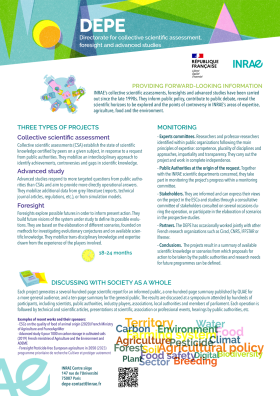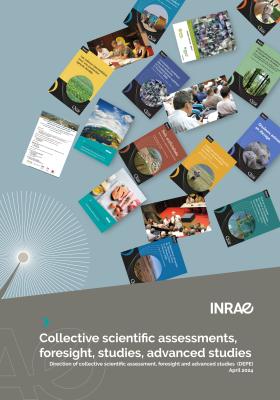Three sorts of project – collective scientific assessments, advanced studies and foresight studies – are led by the DEPE, most often at the request of government. The DEPE also provides methodological support for the expert projects of partner institutions.
Collective scientific assessments
Synthesis of validated scientific knowledge in response to a complex question.
Collective scientific assessments (CSAs) involve the synthesis of validated scientific knowledge in response to a complex question. The question is referred to the Institute, sometimes jointly with its scientific partners, through a formal request by government departments or public agencies (the sponsors) and relates to the implementation of a public policy.
The expert response calls for a multidisciplinary approach that embraces the life sciences and social sciences. A critical analysis of the international academic literature is conducted by a panel of scientific experts (researchers from public institutions in France and abroad). The findings of the expertise are intended to inform public decision-making and debate. A particular characteristic of this exercise is to distinguish between established research findings, outstanding issues, uncertainties that are still the object of study and unresolved scientific controversies. It produces a state-of-the-art inventory of scientific knowledge and identifies future research needs, but no recommendations for decision-makers are made.
our Collective scientific assessments
Advanced studies
More targeted questions, supplementary information, modelled simulations.
Advanced studies address questions that are more narrowly focused than those for collective scientific assessments. They are informed by a wider and more varied knowledge base and often use the results of modelling.
These studies set out to deliver an answer to the question that has been asked, even when this cannot be found in the scientific literature alone. They make use of other sources of information (articles in technical reviews, reports, individual expert opinions), or ask experts to perform complementary data processing (statistical analysis, simulations) that may incorporate information provided by practitioners. The scope of these studies is generally narrower than that of CSAs, and they provide answers that can be implemented more directly on the ground.
Foresight studies
Exploring possible future scenarios to guide current actions and anticipate future challenges.
The role of foresight studies is to explore possible future scenarios to guide current actions and anticipate future challenges.
Foresight work invites reflection on possible futures, each of which is constructed from a representation of the elements that determine a given situation (in a sector or local area, etc.), taking into consideration its relationship with its environment and the possible ways it might evolve. Foresight is thus built on different scenarios that are created through the systematic investigation of possible projected pathways and are based on the available scientific information concerning the economic, political and societal conditions that affect the dynamics of the system under investigation. Foresight studies produce transdisciplinary knowledge by mobilising the scientific knowledge of varied disciplines and the expertise gained from the experience of stakeholders to feed into a strategic consideration of the issue.



